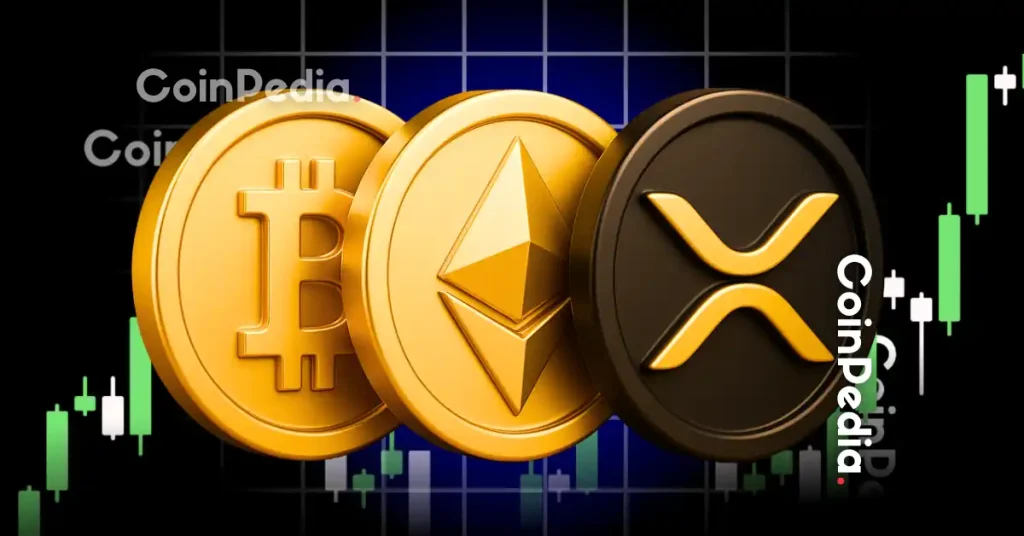ARTICLE AD BOX

The launch of the highly anticipated TRUMP token, associated with U.S. President Donald Trump over the weekend, sparked a frenzy in the cryptocurrency market.
However, this craze also highlighted significant challenges for the Solana blockchain, where the token was deployed, as users reported widespread transaction failures and outages over the weekend.
Notably, the TRUMP token experienced a meteoric rise, with the asset price surging to as high as $75.5 on Sunday and its fully diluted valuation (FDV) surging past $70 billion. According to data from DeFi Llama, trading volumes on Solana-based decentralized exchanges soared to an unprecedented $19 billion per day, five times the average volume recorded earlier in the year. This surge propelled Solana to dominate 52% of the decentralized exchange (DEX) market, surpassing all other blockchains combined in trading volume.
However, this explosive activity came with significant consequences. On Sunday, the TRUMP token experienced a steep decline as investors scrambled to secure profits after reports revealed that TRUMP insiders had exchanged substantial TRUMP holdings for more established cryptocurrencies such as SOL and ETH.
The situation was further destabilized by the unexpected launch of a new token, MELANIA, created by an anonymous developer. Liquidity and trading volume swiftly migrated from TRUMP to MELANIA, intensifying the market volatility.
That said, the surge in trading activity overwhelmed Solana’s infrastructure, with numerous users reporting transaction failures. Popular wallets and DApps, such as Phantom, Jupiter, and Raydium, struggled to handle the demand, while validators faced significant strain. Even Jito validators, essential for maintaining Solana’s network efficiency, were not spared.
“The Jito Block Engine API is experiencing severe degradation due to unprecedented load levels. Our engineering team has been actively mitigating the issue for several hours,” tweeted Buffalu, an engineer at Jito.
Meanwhile, app developer Suhail Kakar criticized Solana’s performance, noting widespread failures. “40% of Solana transactions are failing. Coinbase and Binance can’t process transactions. Phantom has completely stopped working. This is just with a few million users. Imagine when we onboard retail.” He wrote.
Notably, while such challenges are not new to Solana, this is the first significant disruption the network has faced since early 2024. Despite its appeal to developers due to high throughput and low fees, repeated performance failures during periods of peak activity raise concerns about its ability to support mainstream adoption.
Over the past year, developers have made considerable efforts to address these vulnerabilities, implementing validator version upgrades, bolstering network resilience through initiatives like Firedancer, and exploring off-chain scaling solutions to handle high transaction volumes more effectively.
Meanwhile, amid the latest outages, some seized the moment to promote alternative blockchains. “The whole Solana blockchain is down! I bet XRP and HBAR could handle this.” Popular crypto Influencer MegBZK commented.
Similarly, a Cardano community member, “Cardano Humpback,” urged Trump to migrate his token to Cardano, stating, “Dear President Trump, the platform you chose isn’t doing justice to you. Cardano solved these issues long ago.”
.png)
 8 months ago
13
8 months ago
13








 English (US)
English (US)